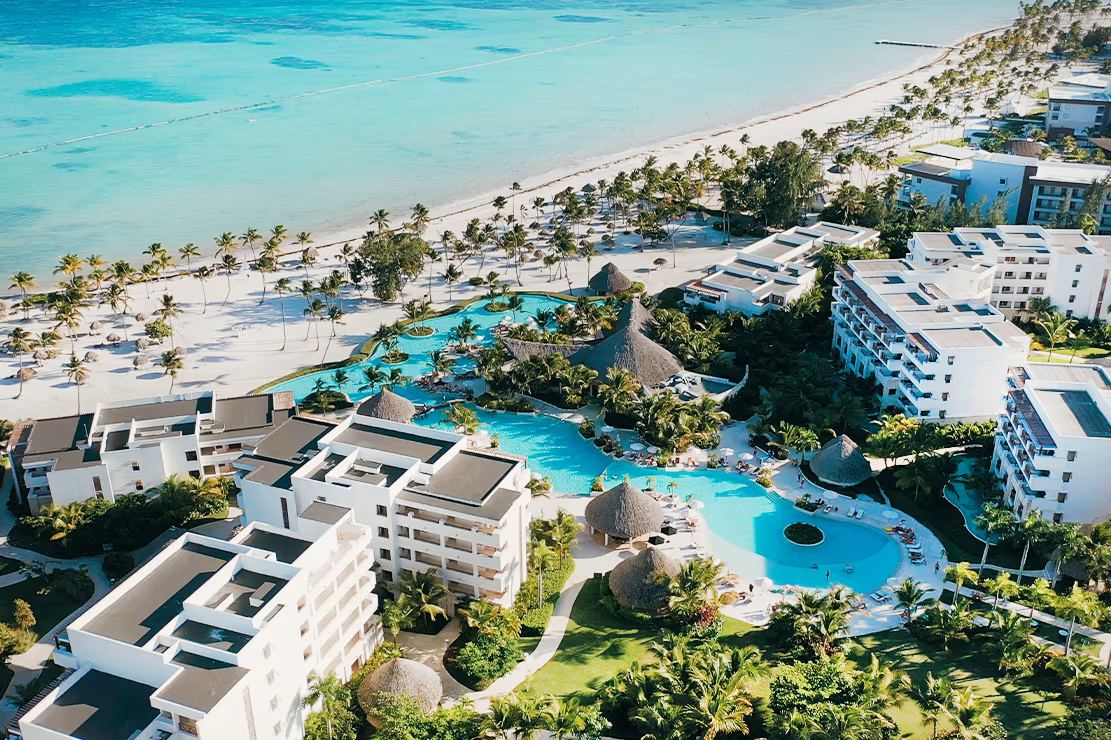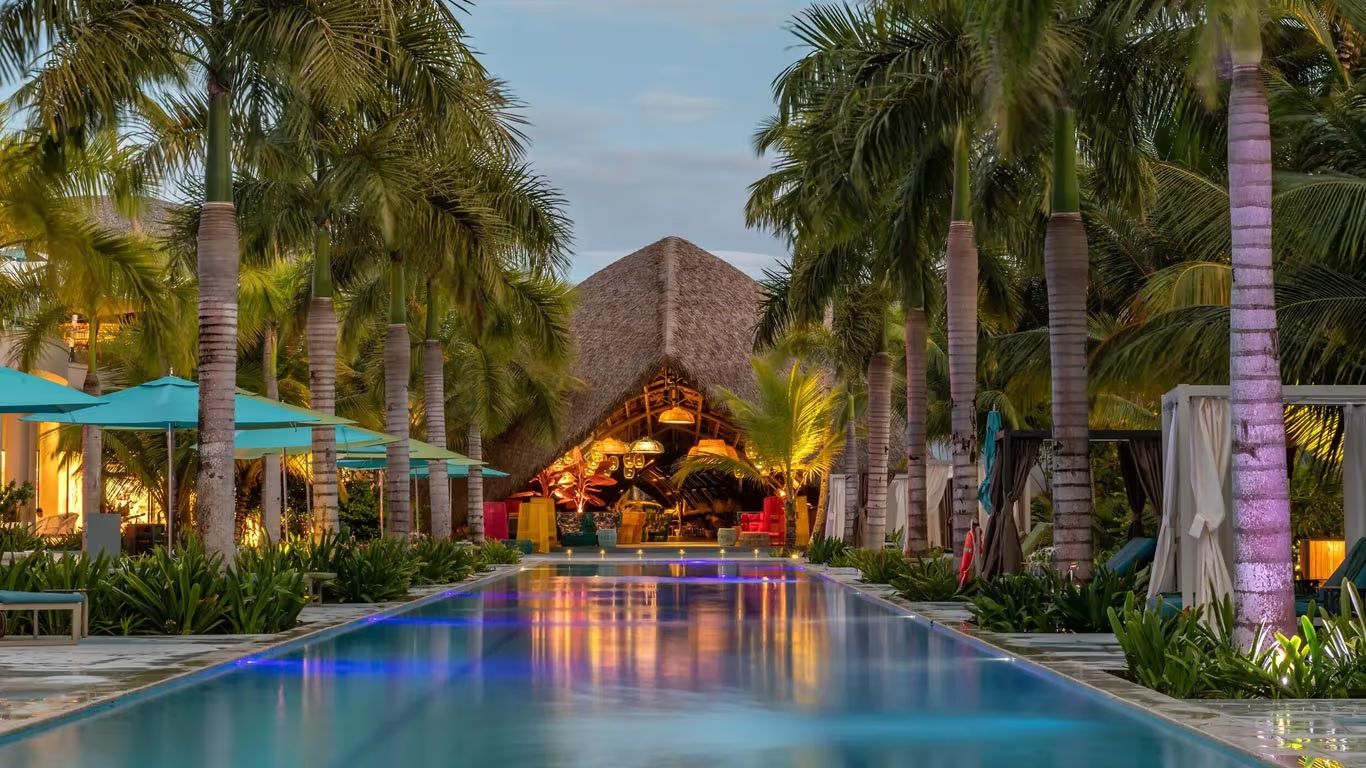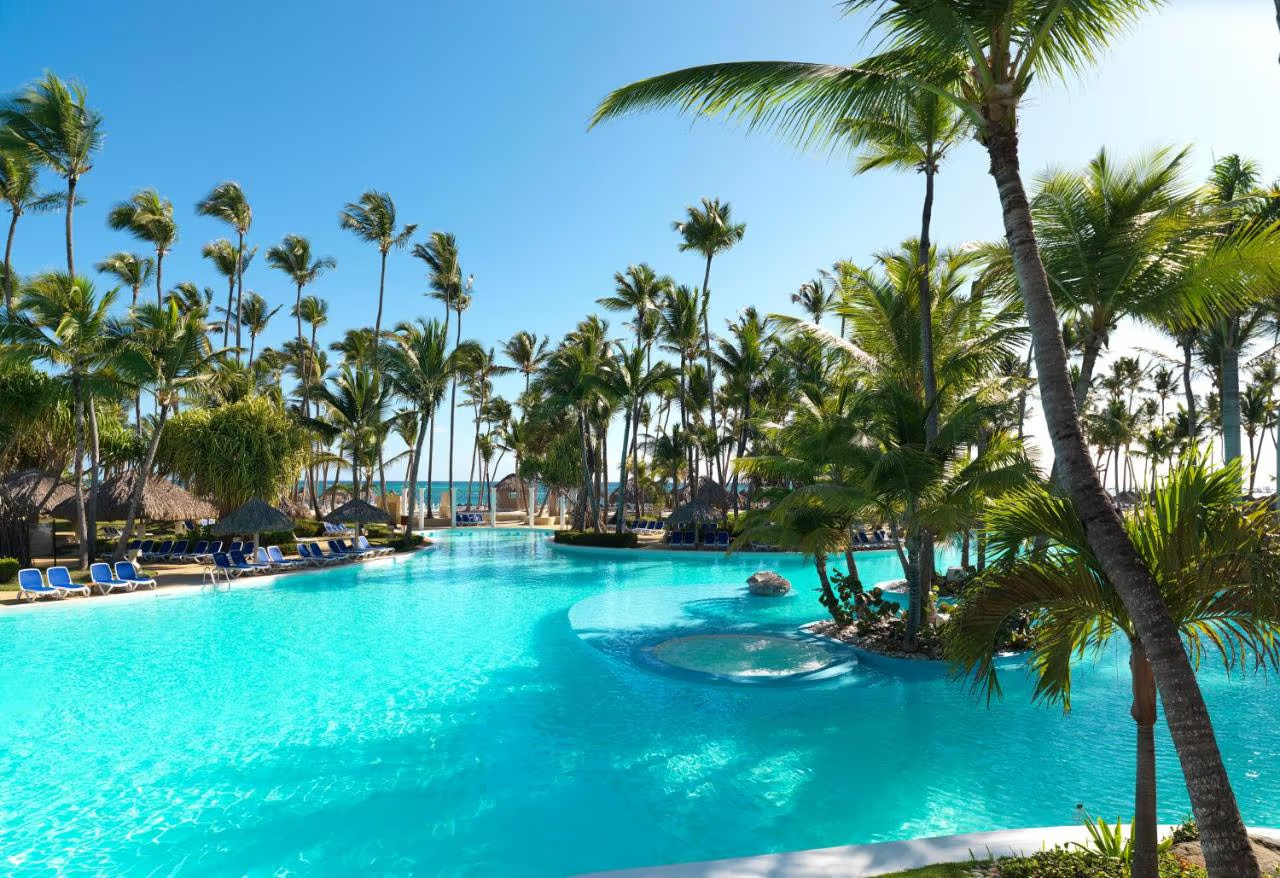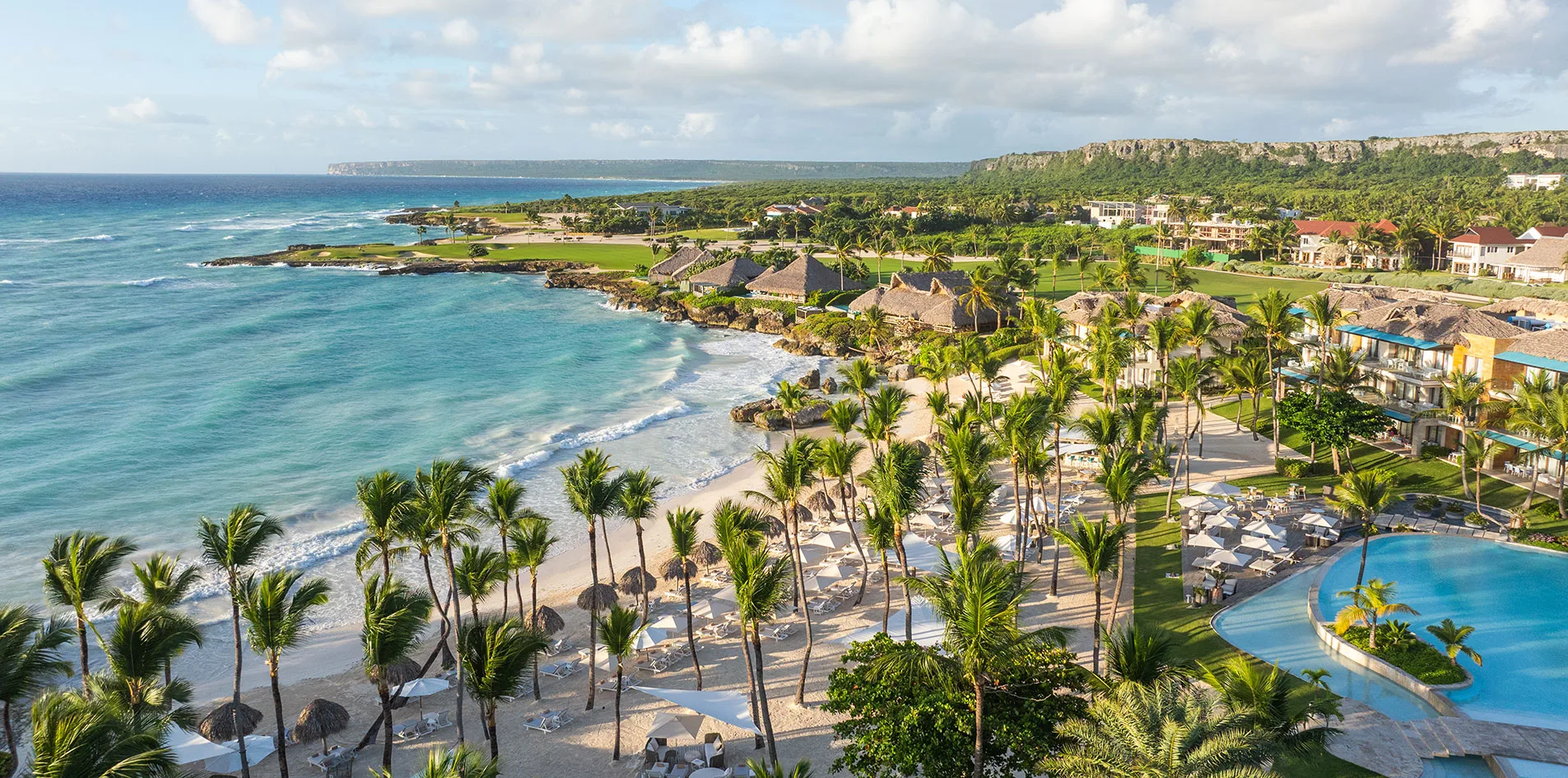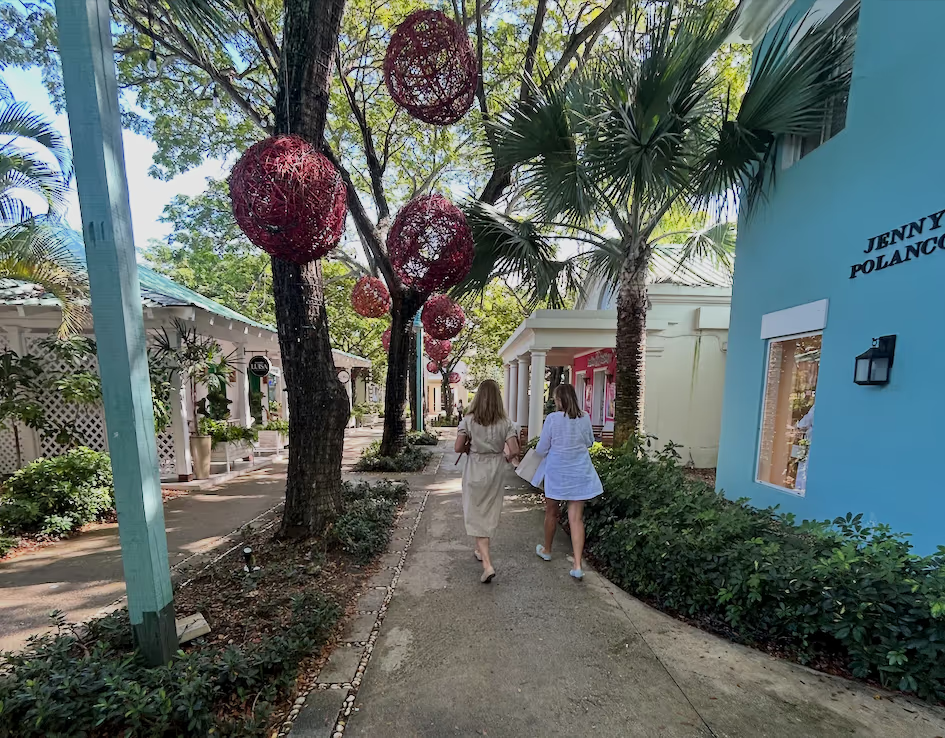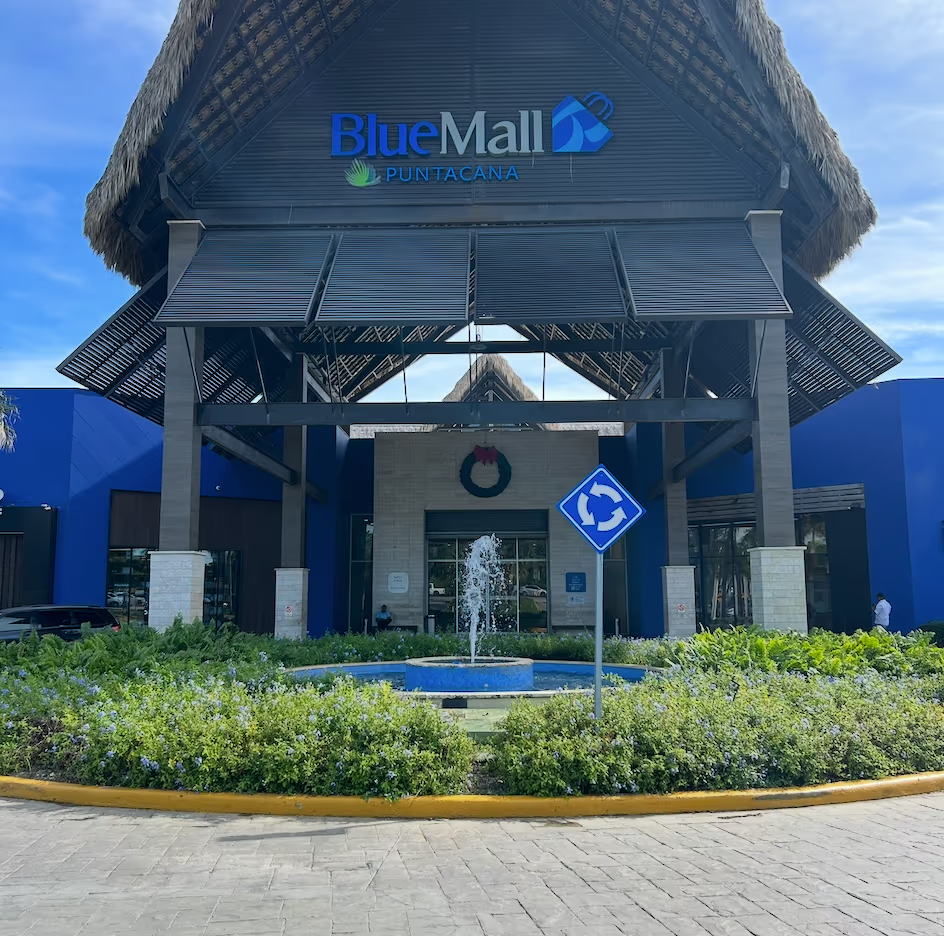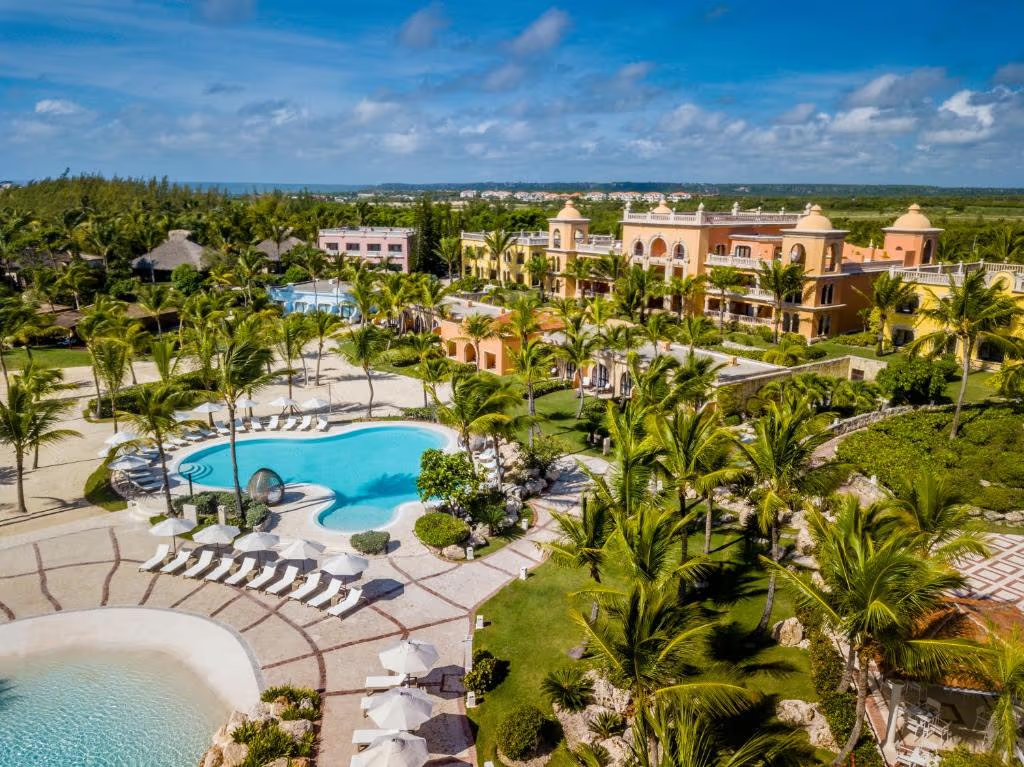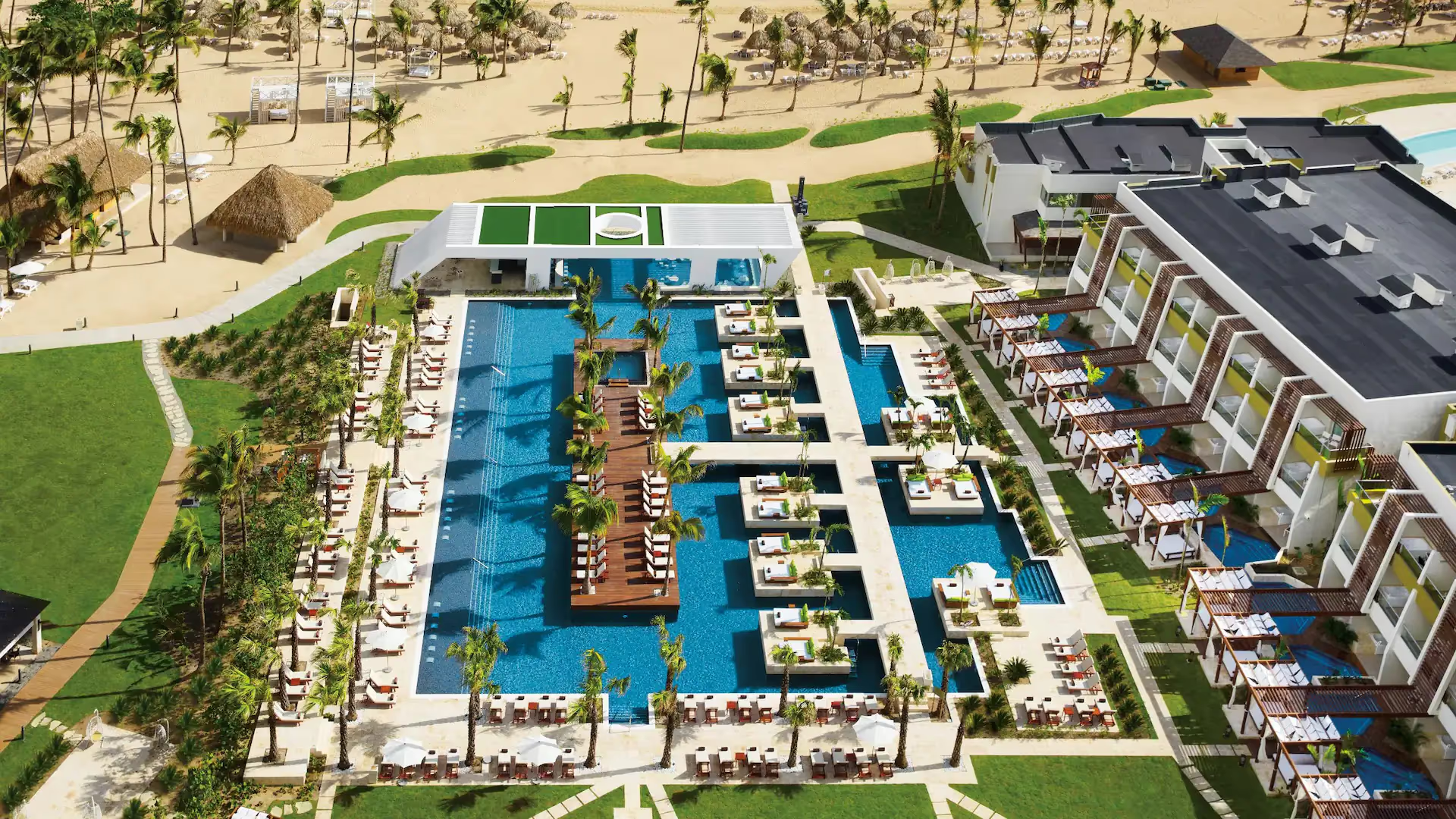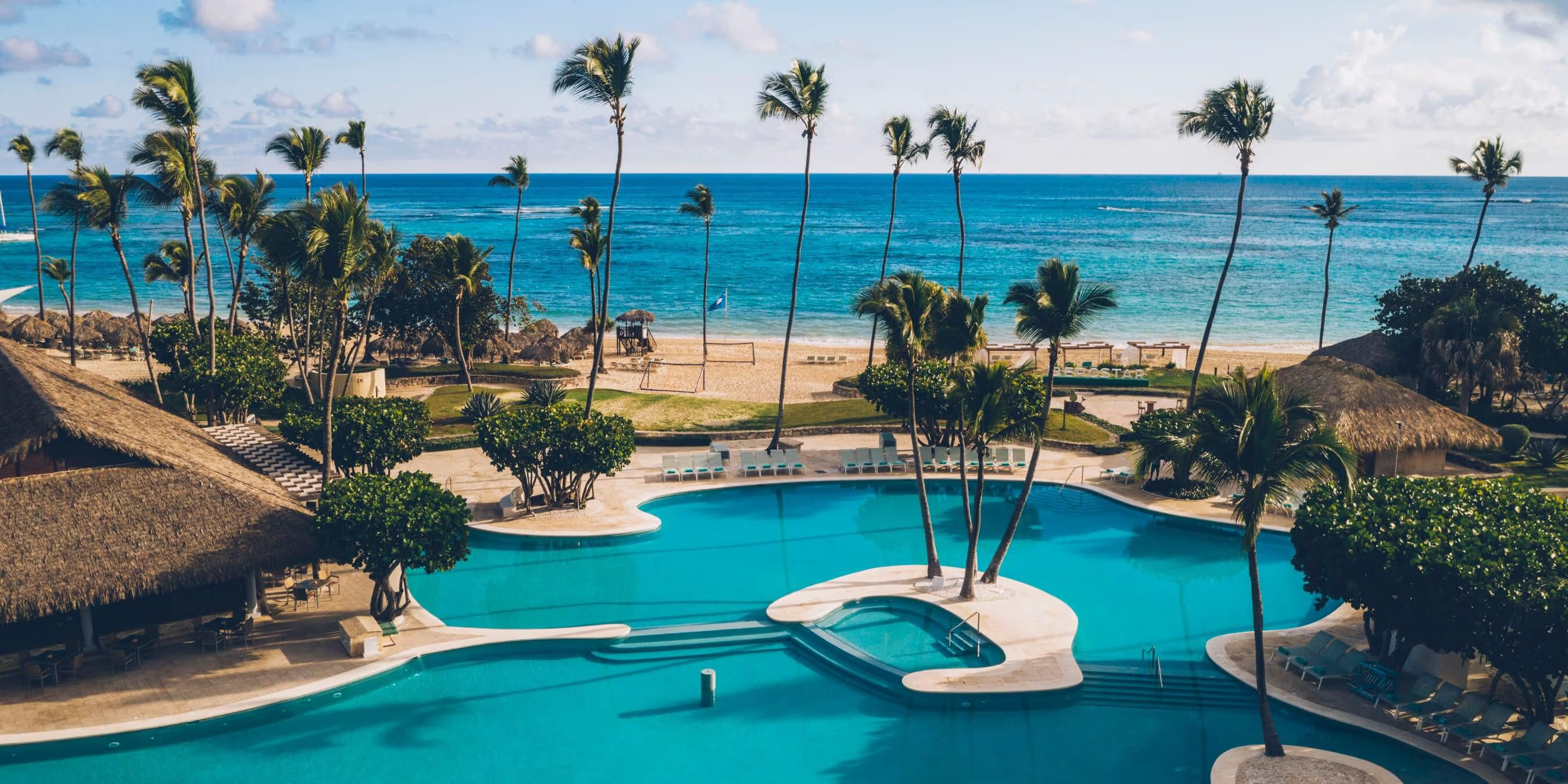Intro
As the travel landscape pivots into 2026, the way people choose, plan and experience trips is undergoing a pronounced shift. From longer stays in fewer places to immersive wellness and value‑driven choices, these changes are more than buzzwords—they’re shaping how travel brands and destinations should respond. Industry data shows that international arrivals are forecast to rise to ~85 million in the U.S. alone by 2026.
This post breaks down the major trends you need to know, compares the different travel styles now emerging, and gives you a practical playbook to align your next trip accordingly—whether you’re planning your own stay or booking through a provider like Miro Travel.
Quick Facts
- The global travel market is expected to grow by about 6–9 % annually through 2026.
- Wellness‑tourism spending is projected to climb from ~$720 billion in 2019 to over $1.4 trillion by 2027.
- “Slow travel” – fewer destinations, longer stays – is becoming mainstream instead of niche.
- Personalised, transformative and technology‑enabled experiences are top priorities for 2026 travellers.
- Accommodation and logistics costs are rising in Latin America: e.g., average daily rates (ADR) for hotels in LATAM forecast to grow ~5.7 % in 2026.
Options & Comparison
A) Traditional ‘see‑everything’ vacation
Multiple destinations in a week, ticking off major sights. Pros: familiar, varied. Cons: less time for rest, may feel rushed and less aligned with 2026’s values of deeper engagement.
B) Slow‑stay, immersive vacation
Pick one base (7‑10 nights), focus on local culture, spa or well‑being, fewer transfers. Pros: restful, value per day higher, fits trend. Cons: requires selecting the right property and allowing the time.
C) Purpose or wellness‑centric journey
Trip design around a theme (wellness, sustainability, local impact, personal milestone). Pros: highly meaningful, memorable. Cons: often higher cost, more planning.
Given the data, for 2026 we recommend option B or C—these align with how travellers are shifting. Option A still works, but expect it to feel less differentiated.
Why These Trends Matter in 2026
Travellers in 2026 are more likely to spend fewer trips but invest more in each. Luxury and advisors report a trend of fewer excursions but longer stays.
At the same time, sustainability and purpose are no longer optional—travellers expect wellness, ethical practices and authentic engagement.
For you as a traveller (or if you’re booking for someone else), aligning early with these patterns means you hit the right value‑points, build the right expectations and avoid getting locked into “just another vacation” that ends up feeling average.
How to Use These Trends (Step‑by‑Step)
- Clarify your travel ‘why’ – Are you looking to decompress? Reconnect? Explore culture? This drives the style of trip you pick.
- Choose your destination and stay duration – For 2026 aim for 7–10 nights in one place, rather than hopping every 2–3 nights. This supports the slow‑travel approach.
- Select accommodation with wellness/regenerative credentials – Check that the resort or property offers spa, good food, digital‑detox options or locally‑sourced culture. Wellness tourism is a clear pivot.
- Book your logistics early – With prices rising, lock in transfers, private vehicles or airport pickup early to avoid surprises or surge pricing. For example, many airport‑to‑resort transfers in the Dominican Republic remain around US $25‑35 one‑way if booked ahead.
- Plan one meaningful, standout experience – It might be a local cultural workshop, a nature immersion or a wellness retreat day. The rest of the stay can be left open to explore or relax.
Gear & Luggage Notes: Pack a lightweight day‑backpack, a reusable water bottle (aligning with sustainability), comfortable clothes for slower pace, and if travelling with children request child‑seats or larger vehicles when booking transfers.
Pricing & Ranges
While accommodation costs vary widely, be aware that logistics and transfers are also subject to upward pressure in 2026. Private airport‑to‑resort transfers booked in advance in popular destinations frequently range between USD 30‑40 one‑way for 2‑4 people. Shared shuttles may drop to USD 10‑15 per person but involve stops and longer times.
Given the trend toward longer stays and more immersive experiences, budget an extra 10‑15 % of your accommodation cost for “experience upgrades” (wellness treatment, local immersion, premium dining)—these are increasingly the value drivers rather than just adding nights.
Local Tips
- Book your standout experience early—spa day, cooking class, local guide—availability for value‑driven travel is tightening in 2026.
- Travel in a shoulder‑season (for many Caribbean or tropical destinations April–May or late November) for fewer crowds and better value; data shows travellers are shifting away from peak‑only windows.
- When booking transfers, specify child‑seat or booster if you have children; pre‑booking removes the risk of “vehicle mismatch” on arrival.
- Choose accommodation that publishes its sustainability or wellness credentials: you’ll likely get better service and at‑trend value.
- Don’t over‑schedule: allow unscripted time during the stay—this aligns with the slow‑travel mindset and often delivers more satisfaction than packing in multiple side‑excursions.
FAQs
1) Do I still need to book far in advance for 2026?
Yes. With well‑documented cost inflation in hotels & logistics, early booking helps secure favourable rates and ensures availability of high‑demand wellness or immersion programmes.
2) If I’m on a budget, can I still get value under these trends?
Absolutely—but you’ll want to pick one or two “elevated” experiences (wellness class, local immersion) rather than trying to do everything. Then pick a cost‑effective accommodation for the rest of the stay.
3) Is hopping multiple cities in one trip still advisable?
You can do it, but the trend suggests deeper stays are more satisfying. If you move multiple places, factor in transfer fatigue and limit to two destinations max in one trip.
4) How should families or groups align with these trends?
Families should consider slower pace, fewer moves, and allocate one or two unique experiences while building rest days. Booking vehicles with child‑seats and choosing family‑friendly resorts with wellness/spa options ensures alignment with 2026 values.
5) Are wellness and sustainability now mandatory?
Not mandatory, but increasingly expected. Travel that lacks a wellness or purpose dimension may start to feel less up‑to‑date or premium in comparison. Travellers are choosing experiences that align with values.
References
Ready to Travel Smarter in 2026?
Align your next trip with what travellers actually want in 2026—less rush, more meaning, smoother logistics. Start by locking in your trusted transfer and accommodation. Skip the curbside haggling. Land, meet your driver, go. Book your reliable transfer now with Miro Travel.

